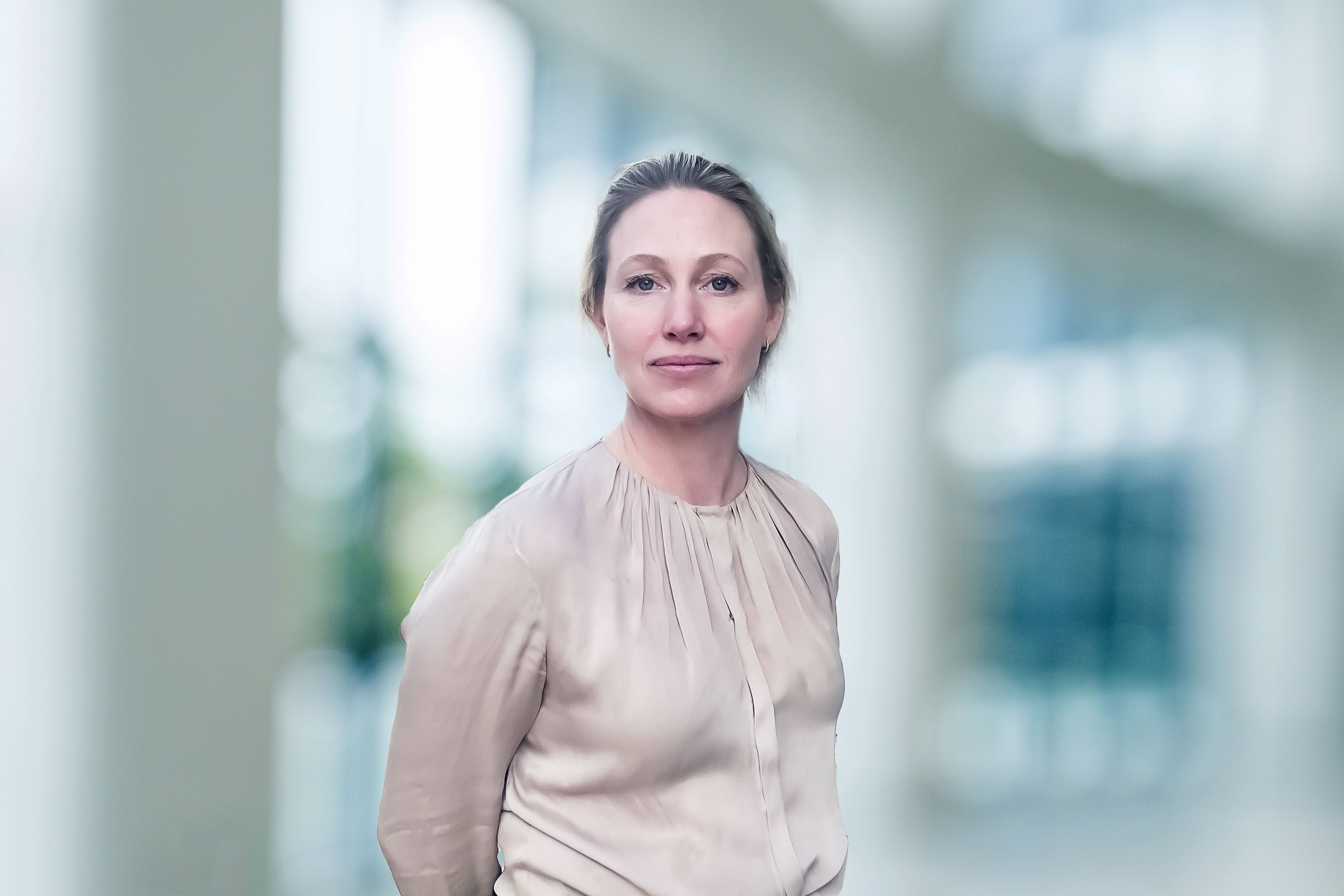Partnering with EY teams for a transformation journey
Yara and EY teams had been working closely over the past year and a half to assess the current state and to design a new Target Operating Model (TOM) for Region Europe HR. To fix the challenges with their HR delivery, a decision was made to implement a common automated service channel for an efficient HR service delivery with the following intended benefits:
- Digitizing the processes and workflows
- Providing employees an intuitive portal for self-help and for raising HR-related requests to save valuable time
- Freeing up HR personnel to focus on more strategic initiatives
- Having a case management system for HR personnel and communication tool for virtual teams spread across Europe
- Ensuring GDPR compliance
“In the analysis phase, it was evident that to truly realize the benefit of the new operating model and a virtual shared service team, a digital platform such as ServiceNow is essential for Yara’s success,” said Anja Undrum Enge, Engagement Partner, EY Consulting.
Building a personalized user experience
The team started with defining the guiding principles and what the end state should look like to work our way back into what was a feasible out-of-the-box solution and where changes were needed to achieve the end goal. It quickly boiled down to building a personalized user experience for both the HR personnel and the employees, especially coming from different geographies with local laws and regulations and ways of working.
Leveraging what EY professionals has built for other similar clients and understanding Yara’s business needs, the team recommended various intuitive designs and functionalities to meet Yara’s goals. EY teams’ thought leadership and viewpoints helped Yara visualize the outcomes and benefits of ServiceNow.
The development was carried out iteratively through sprints, with EY teams leading working sessions with suggestions and Yara providing feedback on what was suited for their organization and the way they work. Post every sprint, EY professionals conducted a show-back session (every 3 weeks) to help Yara understand the work in progress and to get inputs early on, thereby reducing QA/UAT time needed towards the end. This iterative engagement gave the team a deep understanding of the client’s needs and their values while helping Yara understand how ServiceNow works and how this new way of working would eventually materialize.
“Working Agile also means responding to change. Along the project there were times we needed to rethink and pivot from a specified approach to manage obstacles and changing business priorities. Yara has been one such client who has been a great partner in being agile, and this collaboration and ease of working has helped EY create a stable product of high quality,” said Vaibhav Shah, EY Norway ServiceNow Practice Lead.
Delivering high value through One EY approach
While implementing the ServiceNow platform for Yara, the approach followed was of One EY with multiple teams working together internally to provide a coherent recommendation and output to Yara. EY professionals were able to bring together a team which had knowledge across different domains such as HR, industry, project management, technology and change management to provide a broad solution for Yara.








